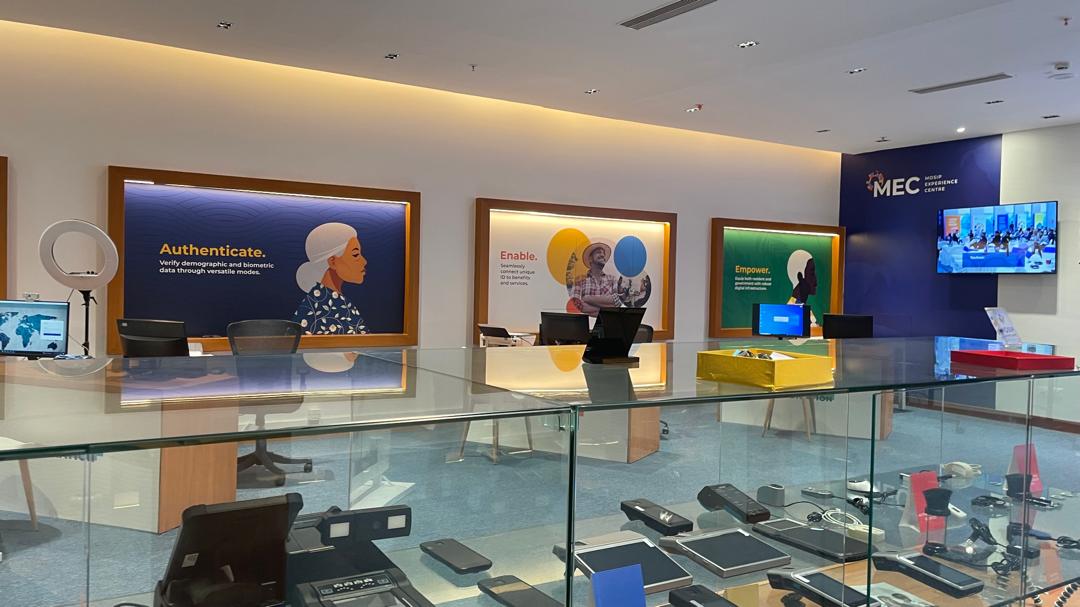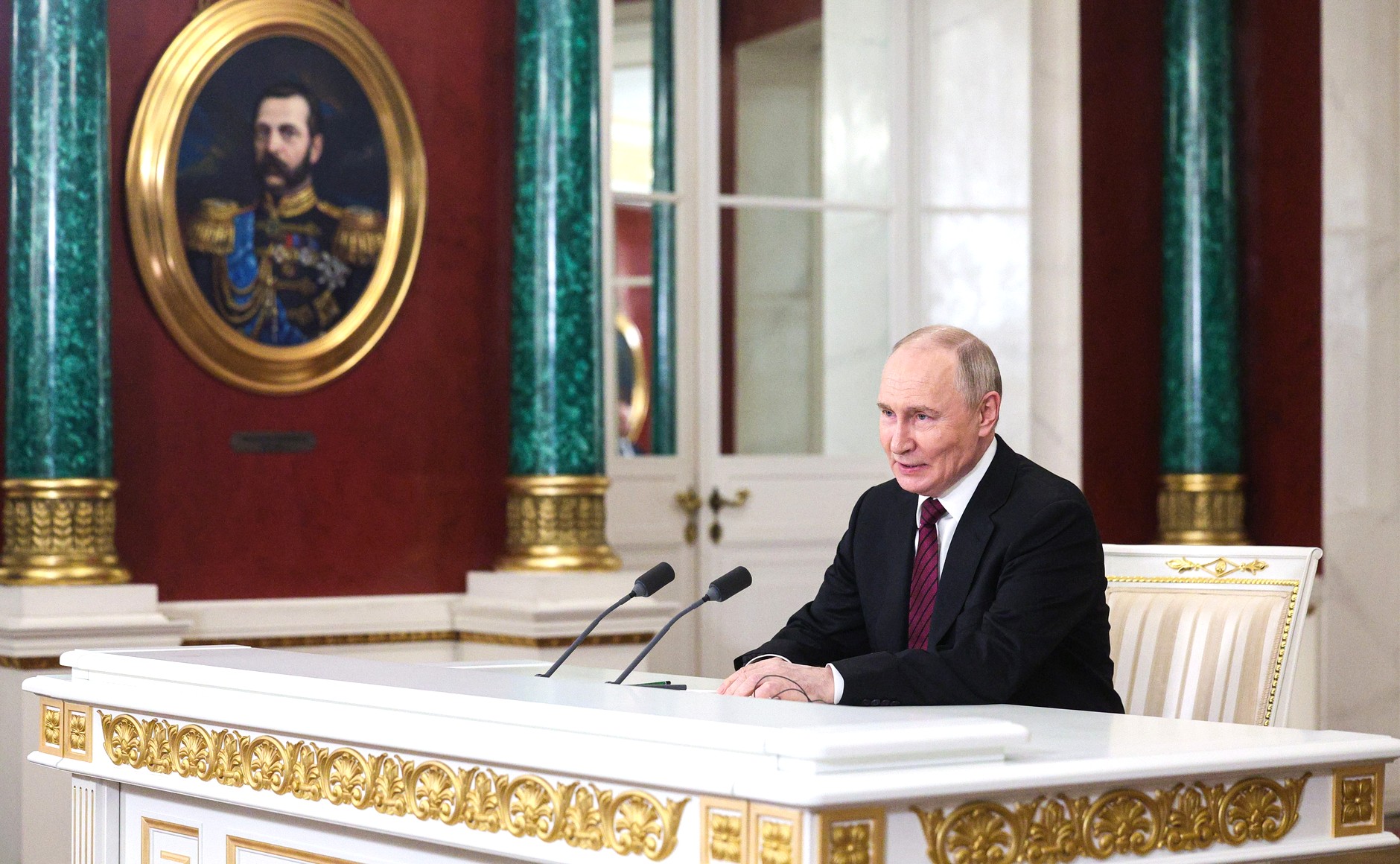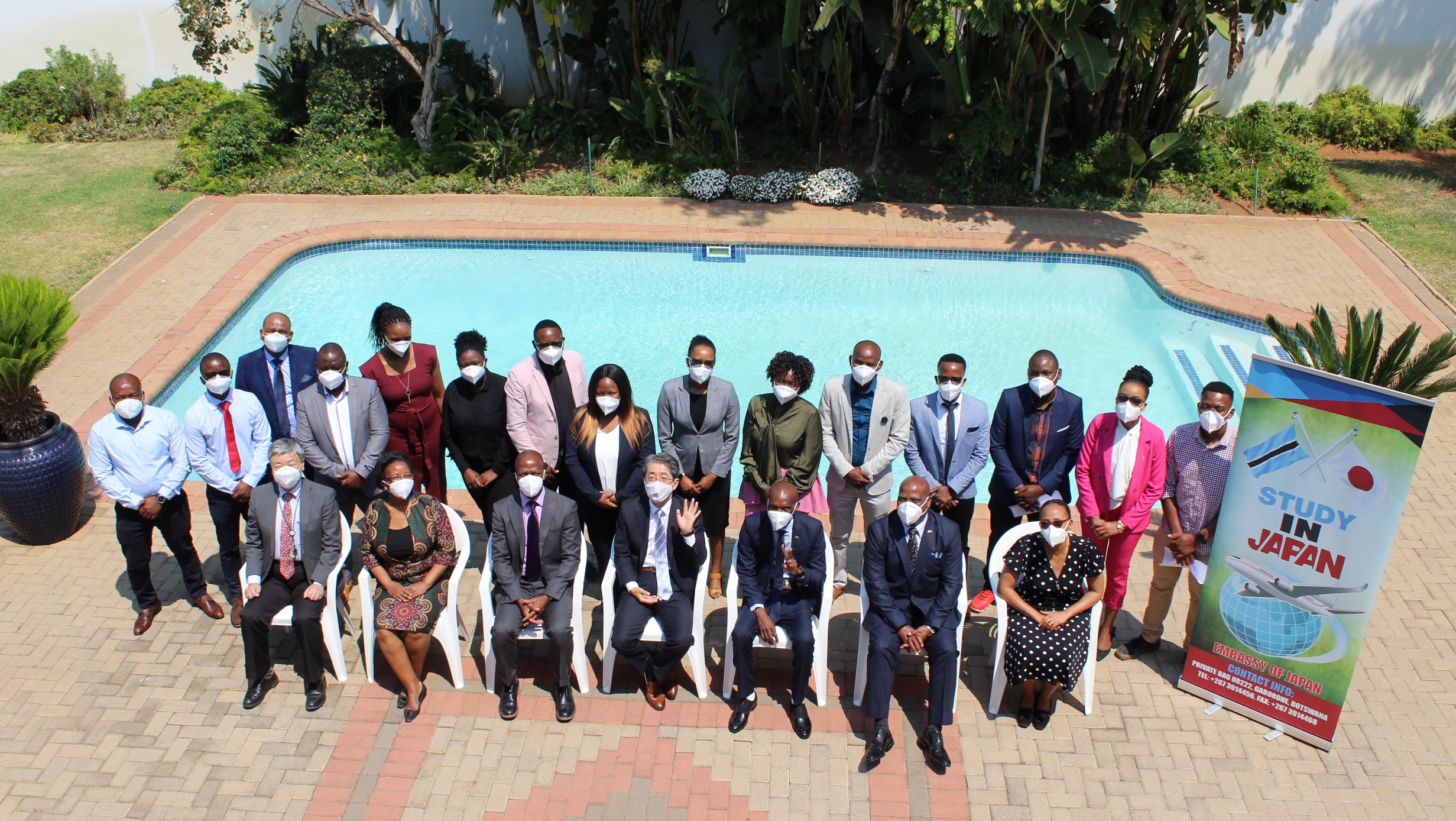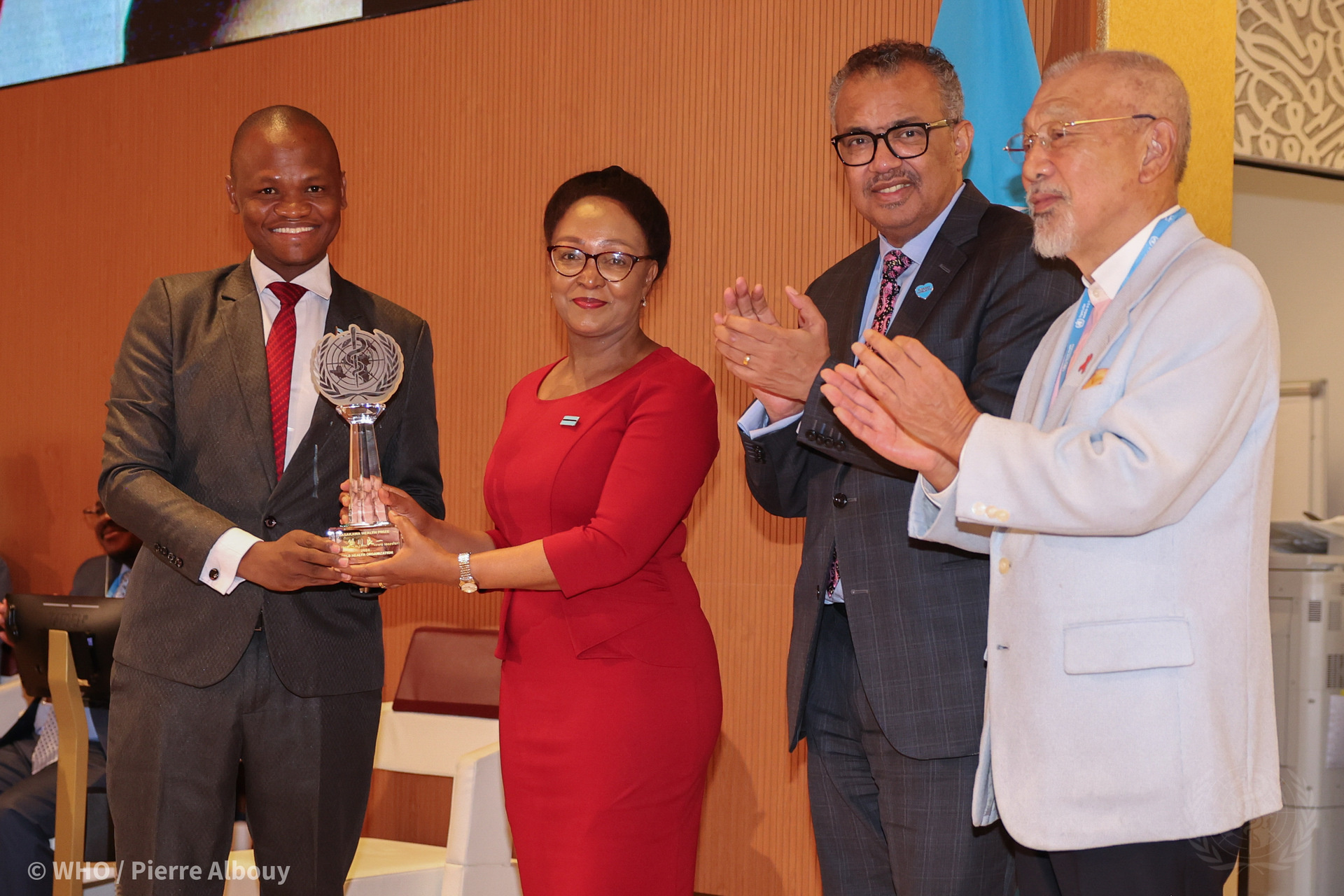
Cynthia Thanda
The visit to the Modular Open Source Identity Platform on 13th December 2024 proved beyond doubt the immense power of technology to bring people together as journalists from East and Southern Africa drank from the cup of one of the most technological countries in the world at the city of Bengaluru, India.
Modular Open Source Identity Platform is a non-profit, university-incubated project.

As the world is moving at a fast pace with digitization, many countries are willing to share part of the pie and India is one of those countries that have wonderful bilateral relations with many African countries in terms of technology, health infrastructure and education. MOSIP is the new pie that India is willing to share with Africa and the rest of the world.
“We focus only on information technology. And there are about all aspects of information technology including how information technology interacts with society. It’s not merely science and engineering part of information technology. We have a 5-year integrated master’s program to offer the school you join. At the end of it, you get 2 degrees, you have BTech and an MTech. We have a 2-year master’s program in MTech. Then we have PhD program”, said Professor Rajagopalan, President of MOSIP in an overview of the platform.
MOSIP was established in 2018, to address challenges around the implementation of fundamental ID systems. So far, it has been a free platform that assists governments in developing effective Digital Public Infrastructure in their respective countries. Asked why the wonderful platform is free, Prof Rajagopalan mentioned the possibility of charging countries in the near future.
“Now countries say, for example, Morocco, when we started, they said, can you do some authentication called self-identification? But we thought from next year, maybe we might start charging them. Now that we have 100 such companies, we might start charging for advanced trading or some certification.”
MOSIP allows companies to exhibit what they can do with their product, their platform. It was built based on the fundamental idea that 80% of what all digital identity systems need is common. Like, you want to on-board people. You want to make sure that they’re unique within your system. Then you want to assign a number. Then you want to issue, identity cards or identity numbers. And then whenever somebody wants to authenticate themselves, you provide provisions for authenticating.
“We decided to build these features as, separate modules, navigation of modules being called as MOSA. We decided to build this in the open source, because we saw that this would be useful for more than one country. This is akin to build once, so reuse many times. Right? We have not built a separate MOSIP for Ethiopia. We have not built a separate MOSIP for Philippines. We did not build a separate MOSIP for Morocco. What we built was one generic MOSIP. Each of these countries took this and changed it to meet their requirements and use it. This is the principle of the reuse that open source very readily enables.
Open source also means that although tripletive manual codes are copyright, it does not fully own the code in a way where a company may own proprietary system. You can go to github.com/mosel. Download it and use it without any cost. As long as you can meet the licensing terms of an open source license called Mozilla public license,” alluded Professor Rajagopalan.
He further explained how they imagine their digital identity endeavor could be used. The idea is that identity access an assurance highway for the entire digital economy. Suppose a driver’s license, or a health department or the social security department want to service its clients, wants to provide benefits to its end users, the proposition is it does not have to redo identifying their beneficiaries. Each department does not have to repeat.
“Just to give you an example how of how India operates. You might have already seen this. Aadhaar is a purposeless identity system being run by UIDAI.
But any other department can integrate with Aadhaar and onboard myself, Arun, as a user in the health department. It does not have to manage or verify or take the liability of ensuring uniqueness of this their database. You can imagine how this prevents fraud. Whenever government welfare is involved, people would like to have multiple entries within that system obligations which can provide service. So we thought it was important because we are now encouraging countries to change their, base proposition from buying a product to taking a generic product and customizing it to their requirements. There is inherent risk involved.
This is a new product. There is a new way of doing business. So we’ve made it as part of our mandate to actually work with governments, so that they can take this general platform and, make the best implementation of it. Take care of the security requirements. Take care of the privacy requirements. Make sure personal identifiable information are correctly configured. The system, when it actually gets implemented, it’s implemented correctly.”
The MOSIP continues to work tirelessly with countries to advise them on the best use of these systems. They also work with commercial ecosystem to make sure that there are a group of companies, close to a 100 now, which a government can contract, to keep maintaining these identity systems.
MOSIP is currently working with 26 countries, with a cumulative population of 942,000,000, 121,000,000 people are already on board these systems. Philippines has close to 100% coverage. And MOSIP works in such a way that a country takes this software, customizes it, implements it, and also brands it on them, for example; the Philippines system is called FELSIZ, Ethiopia’s system is called FIDA, Morocco’s system is called National Population Register. French acronym is RMB. You can imagine this as, taking the chassis of a car and customizing it and implementing it based on your requirements and operating this for yourself.
What the platform is doing is building the fundamental technology, the engine, the transmission, the gears, which are the most complicated pieces of the car, building it and making it available for free.
Their mandate is not only to issue identity. They are also building tools which governments can use to offer services very easily. Authentication is a very important part of an identity system. If authentication is freely available, including EKYC, you can imagine the amount of benefits that an economy can derive.
Professor Rajagopalan gave an example of his country in which the cost of opening a bank account dropped from 200 rupees to 4 rupees because authentication was available through the KYC for the banking system to make sure they can meet the KYC norms that the international norms that are required to open bank accounts. This accelerated India’s financial inclusion journey, it compressed it from 47 years to 5 years. India’s financial inclusion, numbers change from 17% to 87% in a matter of 5 years because good identity systems are available.
In conclusion MOSIP hopes that the countries that are using MOSA can use this as the infrastructure which facilitates such rapid digital transformation, including service delivery. They built additional tools called eSignet, which enables online authentication as well as a tool called EG which brings your identity to your mobile phone and enables authentication through wallets. This is a fantastic privacy preserving technology. It’s a future wallet technology where consent is built in. It works offline and enables decentralized authentication as well.
An additional tool that is available called open G2P. G2P essentially means government to people in which in order to effectively manage governments schemes there is a need to maintain a list of beneficiaries. Imagine a system that enables the government to implement effectively the old age pension program and transfer the money directly to their bank. And this system now has to manage the beneficiaries, manage programs, manage the workflow necessary to connect to the banking system. Open G2P does all of this. It’s currently being used in by 3 different departments in Ethiopia and Zambia. And it is being used in Sierra Leone to manage performance based incentive program in schools.
As a university, MOSIP has restrictions. They are not a business. They cannot scale. They cannot keep adding people to service newer and newer countries. The only sustainable model is to find people who are proficient, and governments can procure these services with them and not with them directly.
Food for thought; Now how can a country like Botswana benefit from such a system? Well, the first pillar of Botswana’s Vision 2036 which is Sustainable Economic Development which encompases information technology can milk from such a system in terms of registration for elections, birth registration etc and create a comfortable environment for digital technology learning for Batswana.
(C) TPA2024








